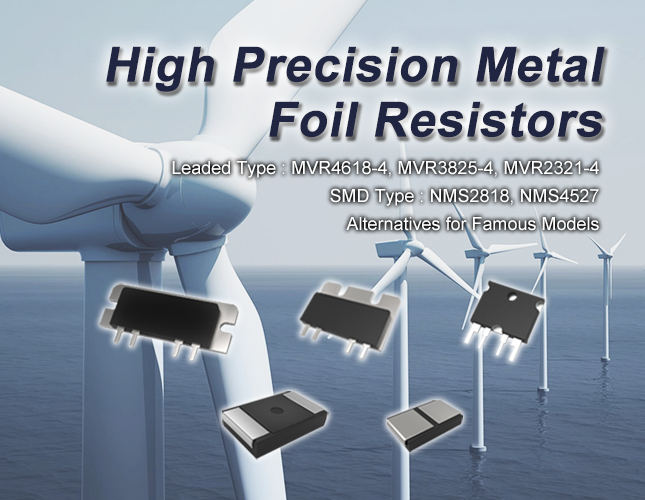Joule heating is the heat created as current passes through a resistor. Often this heat is an important factor in the selection of a resistor to ensure reliable operation, but in some applications, the purpose of the resistor is to generate heat. The heat is generated by the interaction with the electrons flowing through a conductor, impacting its atoms and ions, essentially generating heat through friction.

Resistive heating elements are used in a variety of products including electric stoves and ovens, electric water heaters, coffee makers, and even the defroster on your car. Resistive heaters are often coated with an electrical insulator to ensure that nothing will short across the resistive element in normal operation which is essential especially in electric hot water heaters that use a submerged heating element.

Specially designed resistors are commonly used as single-use fuses. The conductive element in a fuse is designed to destroy itself once a certain current threshold is reached, essentially sacrificing itself to prevent damage to more expensive electronics.
Fuses are available with a wide range of properties to provide fast or slow response times, different current and voltage capacities, and temperature ranges. They are also available in several form factors such as the blade form factor fuses used in the automotive industry, glass-enclosed fuses, cylindrical fiberglass cartridge fuses, and screw in fuses to name a few.











